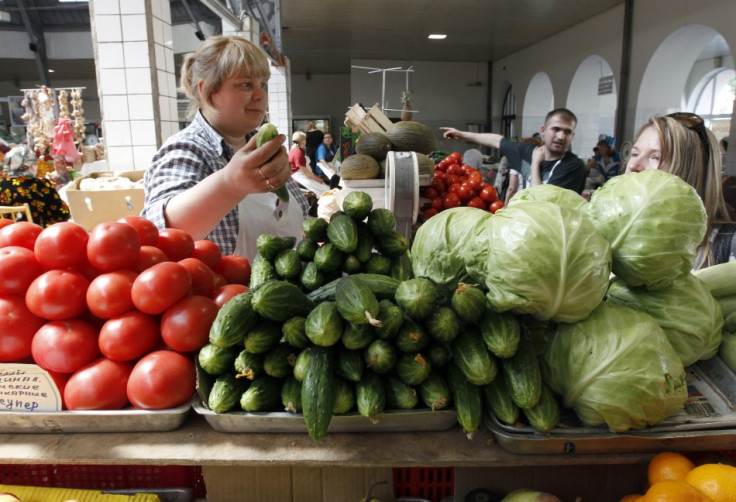Food-Safety experts: Could the new E.coli outbreak have been avoided?

As the e.coli outbreak has spread in Europe and has now reached the US, food safety experts throughout the world are wondering if it could have been avoided.
As of today, the food industry and health authorities had focus mostly on a single strain of E. coli bacteria that until now was considered to be the most dangerous. However observers point out that strains known collectively as "the other E. colis" were sickening people well before the extra-deadly European bug burst on the scene.
"It's a wake-up call around the world," said the Dr. Robert Tauxe of the Centers for Disease Control and Prevention.
European authorities have still not identified the source of the infection, but suspects it originates from contaminated vegetable including cucumbers, tomatoes and leafy lettuce.
In Germany people are still strongly advised not to eat vegetable and as the strain has now reached the US, officials have announced they are monitoring the situation carefully.
As a precaution, the FDA has stepped up testing of those foods imported from affected countries, the portion of importation remains small.
U.S Agriculture Secretary Tom Vilsack insisted on Thursday there was no immediate threat from the European E. coli outbreak in America. "We have to constantly look for ways to improve food safety, and that requires us to make sure that we're testing for the right things," he said. However with the new cases reported and as the bacteria can be transmitted from person to person US authorities might become even more apprehensive.
It is important to point out that the cases discovered in the US all concerned people that had travelled to Germany.
Still, as food-safety expert Caroline Smith DeWaal explains, "There are no regulations in place today that would prevent this kind of outbreak from occurring".
Some experts however warnd that studies conducted after previous e.Coli outbreaks in Europe and America had shown that thesometimes the "use of animal wastes in fertilization of fresh fruits and vegetable plots significantly increased the risk of E. coli contamination in fresh produce grown in semi-organic and organic farms." and some growers, as a preventive measure, have already voluntarily adopted such standards as not harvesting leafy greens within 5 feet of feces or other animal activity in a field
E. coli is incredibly common. Hundreds of strains, most of them harmless, live in the intestines of humans, cows and numerous other animals, unfortunately, some manage to produce toxins evolve and lead to the Haemolytic-uraemic Syndrom (HUS), which can trigger kidney failure, and in the most serious but also rarer cases death.
So far, 1730 people have been affected by the deadly strain of e.Coli bacteria, including 500 people in Germany who have the HUS.
© Copyright IBTimes 2025. All rights reserved.





















